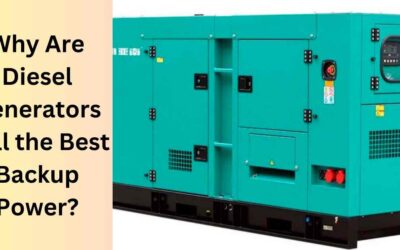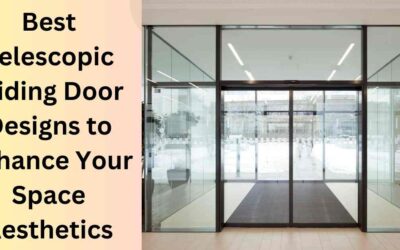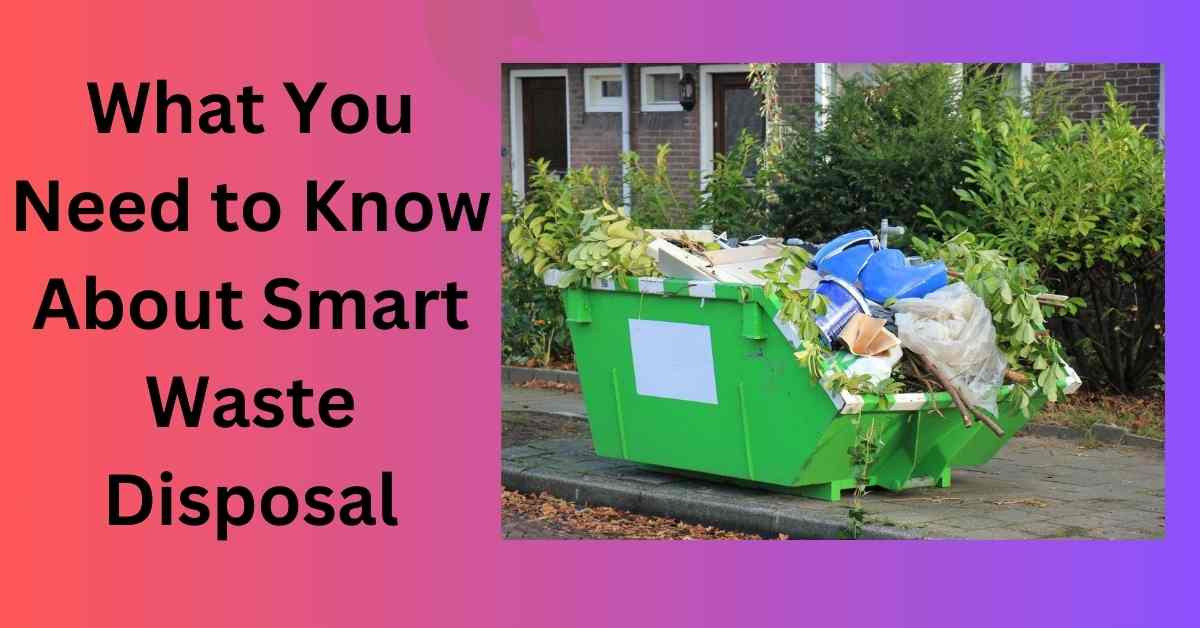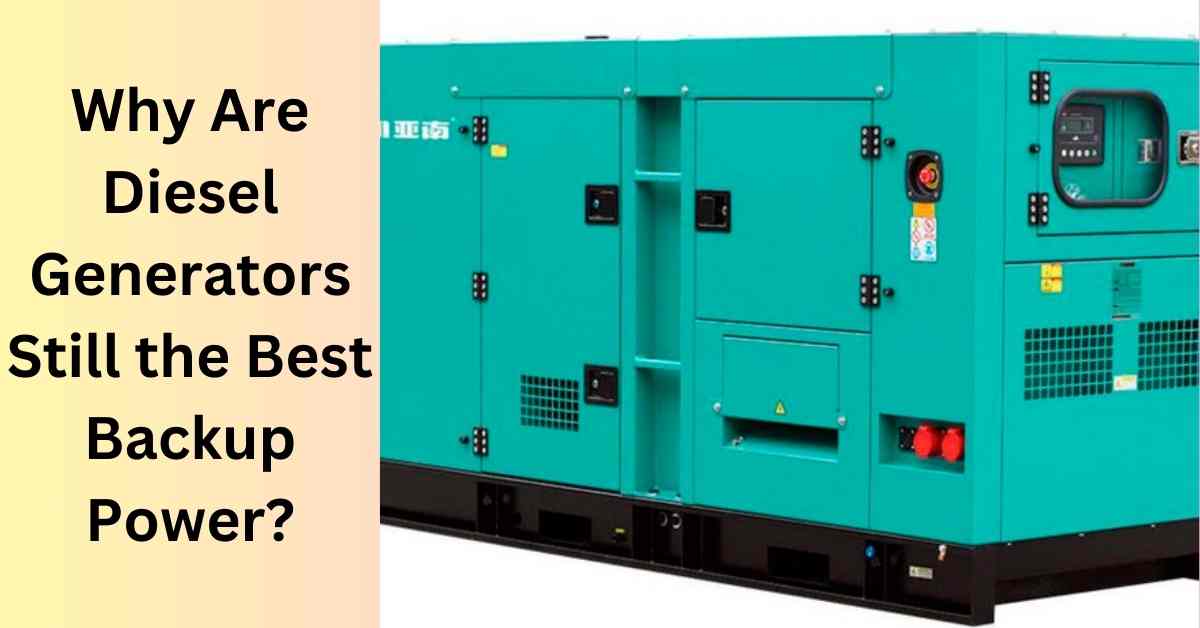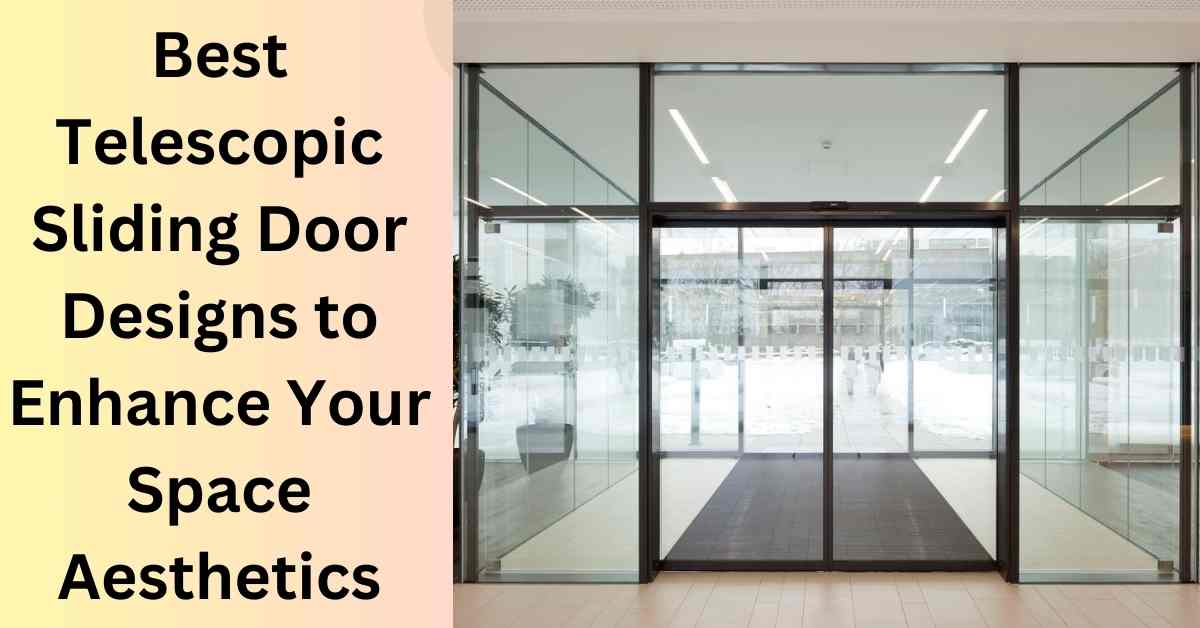Self-Storage Facility Wine Storage & Cellar Design

Wine consumption has been on the rise for decades and has never been more popular. Every year, new wine collectors are born. That’s good news for self-storage facility owners, especially if your business is in an affluent urban or suburban area.
If you are among the growing number of self-storage businesses planning to offer wine storage options, it’s essential to create climate-controlled wine storage spaces at your facility. Aging wine requires very specific temperature and humidity conditions.
The good news is that the layout of most self-storage facilities is already conducive to wine storage. Which means you can offer this premium service without necessarily incurring major additional operating expenses.
If you’re thinking about incorporating a wine cellar for your self-storage facility or offering wine storage options as your business expands, there are several factors to consider.
We’ll explore those below and highlight different options for storing wine inside storage units, from wine lockers and bins to modular wine racks and wine fridges. And we’ll look at how special wine cellar cooling units can help maintain optimal temperature and humidity conditions in wine cellars for storage facilities.
Assessing Your Target Market
Building wine cellars for storage facilities is only a worthwhile endeavor if the local market demands it. Residents of affluent neighborhoods like Beverly Hills, Pacific Heights in San Francisco, or the Upper East Side in Manhattan often need extra storage for growing wine collections—especially those who live in city buildings with limited space.
Self-storage owners can help meet the demand for self-storage wine cellars in affluent areas without taking on huge additional operating expenses. Before you move forward in building a wine cellar for a self-storage facility, however, you should hire a professional to conduct a feasibility study.
Ideally, you’re looking for customers in the top 20%-25% of the income bracket (median household income). These residents should be within a short drive of your facility.
Getting a professional assessment will help you avoid overbuilding your facility for this niche—but potentially lucrative—market.
Facility Design
Wine collectors want the comfort of knowing their prized wine collection is safe and secure while in storage. While you may not be able to make absolute guarantees (more on that in the legal requirements section below), there are steps you can take to keep wine collections safer.
Wine requires specific conditions to age properly, so you may need to modify your existing space or build out your new space in accordance with these requirements. To help you customers feel comfortable storing wine at your facility, you’ll need the following design features:
Insulation
Climate control
Security
Backup power
All-hours entrance
We explore each of these in more detail below.
Insulation
High-quality insulation materials in the walls, ceilings, and floors of your wine storage spaces will help maintain a stable internal environment. This is crucial for preserving the quality and taste of wine. Without proper insulation, external weather conditions can cause temperature and humidity fluctuations that may damage the wine.
Use vapor barriers to prevent moisture from escaping in dry climates or, conversely, to keep mold- and mildew-causing moisture from infiltrating the space in very humid climates. Also use rigid foam or spray foam insulation for thermal resistance and moisture control. Seal all potential gaps and cracks where air could leak to ensure storage spaces are airtight and energy efficient. Read more about designing a wine cellar.
Climate control
Climate control is a critical aspect of wine storage. To age properly, wine should be stored at temperatures of between 55°F and 65°F, which helps preserve the wine’s flavor and aroma. Wine cooling systems at your facility should be equipped with digital thermostats that allow for precise temperature control and monitoring.
Controlling humidity is equally important. Dry conditions can cause corks to shrink, allowing air to infiltrate bottles and spoil your customers’ wine. Too much moisture can lead to mold growth and may damage wine labels. Humidity levels should be kept between 50% and 70%. If your facility is in a dry region, you may need special wine cooling systems that maintain correct humidity levels. If your facility is in a very humid region, you may also need dehumidifiers.
Security
Theft is a major concern for wine collectors, so enhanced security measures are critical. Install surveillance cameras throughout your facility and use motion detectors and alarm systems to detect unauthorized activity. Also consider access control systems, like keycard or biometric entry. Ensure all areas of your property are well-lit and monitored.
Perform routine inspections of security systems, and ensure your staff is trained on proper wine storage protocols. Educate employees on emergency procedures for power outages and security breaches and guide customers on how to prepare their wine for storage.
Backup power
Every wine collector fears the dreaded power outage, especially during seasonal weather extremes. Having backup generators buys time during short disruptions and can be a lifesaver during prolonged outages.
Backup generators should be powerful enough to support all climate control equipment and essential lighting, and they should automatically activate when a power outage is detected. Maintain and test backup generators regularly. Check fuel levels, inspect components for wear and tear, and conduct periodic test runs.
Having a reliable backup power source gives customers peace of mind, knowing that their valuable wine collections are protected even during unexpected events.
After-hours entrance
Your customers will appreciate having 24-hour secure access to their wine storage units. A dedicated after-hours entrance ensures people can access their units at any time without compromising the security of the rest of the facility.
Make sure the dedicated after-hours entrance has secure locking mechanisms, such as keycard or biometric entry, to restrict access to authorized users only. The entrance and all surrounding areas should be well-lit and monitored by security cameras to ensure customer safety. Make sure signs clearly direct customers to the right area during off hours.
Legal Considerations
Self-storage is as popular as ever. Savvy companies are adapting to the needs of customers, offering all kinds of ancillary services, including wine storage.
As with any high-priced items stored at your facility, there are liabilities associated with wine storage. You’ll need to address these within your rental agreement. Consult with an attorney on the specific language you’ll need to include.
Here are some of the legal considerations around wine storage:
- Alcohol regulations: Ensure your facility complies with all local, state, and federal regulations related to the storage of alcoholic beverages. You may need to obtain the required permits or licenses for storing wine. Regulations can vary significantly by location, so consult with your attorney to understand the specific requirements in your area.
- Insurance requirements: You may need additional insurance coverage for your facility, including coverage for potential risks associated with wine storage. This might include coverage for temperature fluctuations, theft, or damage.
- Rental agreements: Specify the responsibilities of both the facility and the customer, including provisions for climate control, security, and access. Check with your attorney about including clauses that limit your liability for damages caused by factors beyond your control, such as natural disasters or prolonged power outages.
- Handling and safety standards: Develop strict handling and safety standards for wine storage. This includes proper training for your staff on how to handle wine and respond to emergencies, such as power outages or equipment failures. Ensure that your facility is equipped with the necessary safety equipment, such as fire extinguishers and emergency lighting.
- Customer notifications: Establish clear communication channels with your customers. Notify them promptly of any changes to your facility’s policies, planned maintenance that might affect climate control or access, and any incidents that could impact their stored wine.
- Record keeping: It’s vital to maintain accurate records of all transactions, communications, and incidents related to your wine storage services. This includes keeping logs of temperature and humidity levels, security breaches, and maintenance activities. Good record-keeping can protect you against potential legal claims.
Different Storage Options
Some self-storage facilities offer wine lockers that are very much like gym lockers. These are essentially just storage boxes for storing cases of wine. Since wine should always be stored horizontally, you may choose to outfit your storage lockers with wine rack cabinet inserts.
To offer customers a more elevated experience, opt for sleek metal storage lockers and bins or private storage units with modular metal wine racks or wood racks.
Many self-storage facilities also have a common room for gatherings, tastings, or meetings. Creating a special room for wine tenants is a great way to attract new customers.
Set Yourself Apart from the Competition
Self-storage wine cellars are on the rise, but they’re still somewhat niche. Of the nation’s 50,000+ self-storage centers, only a fraction of them offer this important service.
Why not set yourself apart from the competition by offering wine storage options to your valued customers?
Wine enthusiasts and collectors are always seeking reliable and secure storage solutions to preserve their prized collections.
Offering wine storage in climate-controlled units with advanced security systems and 24/7 access will help you build trust and credibility with your customers. And it can open up new revenue streams, boosting your facility’s occupancy rates.
By positioning yourself as a comprehensive storage solution provider, you create opportunities for cross-selling and upselling additional services. In an ever-competitive market, offering climate-controlled wine storage can set your brand apart as a leader in specialized storage solutions.
Get Expert Help Designing Wine Cellars for Storage Facilities
Wine Racks America is a national leader in wine storage solutions. We offer a huge selection of modular racking systems, wine lockers, wine cabinets, and bins and cubes from trusted names in the industry like InstaCellar and VintageView.
We also carry a broad selection of wine fridges and wine cooling systems from top brands like CellarPro and Wine Guardian.Our team will help you design a custom solution for your self-storage facility. We offer expert wine cellar design services at no additional charge. Start your design today or get in touch with us for help building your wine storage for a self-storage facility.



